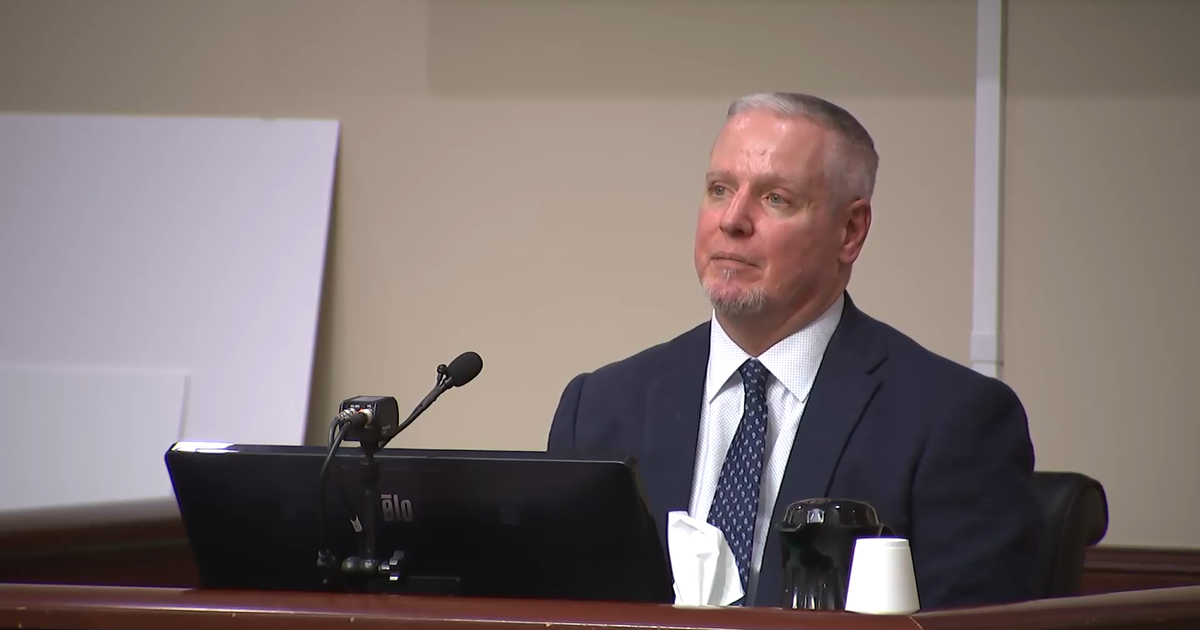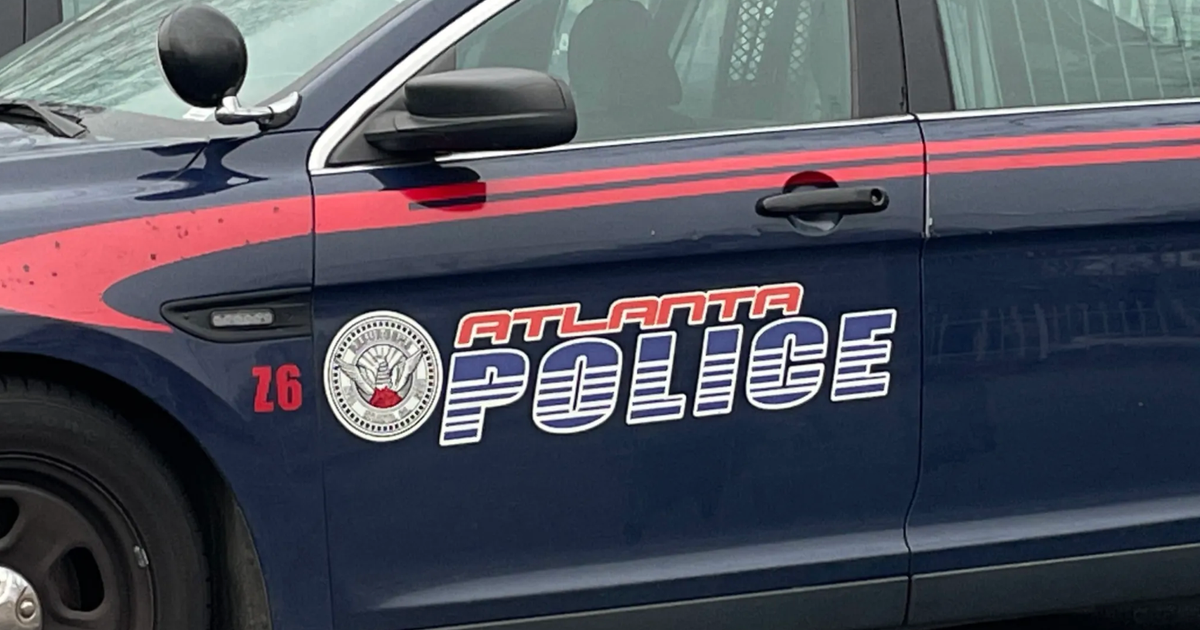Victim in mass shooting on New York City subway sues gun maker Glock
A woman wounded in last month's mass shooting on a New York City subway filed a lawsuit Tuesday against the maker of the handgun allegedly used in the attack and its parent company, accusing the firearm manufacturer of "reckless disregard for human life."
Authorities say a 9mm Glock semiautomatic handgun was used in the attack. In her lawsuit, filed in federal court in Brooklyn, Ilene Steur said Glock has "endangered the public health and safety" with the marketing, distribution and sales of its guns.
- Sandy Hook shooting: The unprecedented $73M settlement with gunmaker Remington
- Daniel Defense, maker of gun used in Uvalde school shooting, withdraws from NRA convention
- Local responses to shootings include requiring gun shops to post warnings
An email seeking comment was sent to Glock.
Steur was one of 10 people shot and wounded on April 12 when a gunman fired dozens of bullets in a train full of morning commuters. The man charged in the attack, Frank James, has pleaded not guilty to terrorism and other counts.
In the lawsuit, Glock is accused of "marketing that emphasizes firearm characteristics such as their high capacity and ease of concealment, that appeal to prospective purchasers with criminal intent."
The lawsuit was filed as the nation reels from last week's massacre of 19 children and two teachers at an elementary school in Uvalde, Texas.
In February, the families of nine victims of the 2012 Sandy Hook Elementary School shooting reached a $73 million settlement in a lawsuit against Remington, the maker of the rifle used in that attack.
The families said the company should have never sold such a dangerous weapon to the public. They said their focus was on preventing future mass shootings by forcing gun companies to be more responsible with their products and how they market them.
Gun rights groups said the settlement would likely have little effect on rifle sales and gun makers, who continue to be shielded from liability in most cases under federal law. But some experts said it may prompt insurance companies to pressure gun makers into making some changes.



